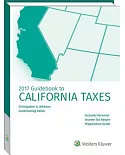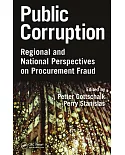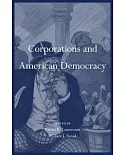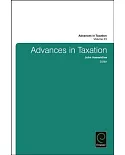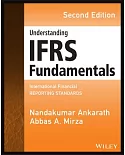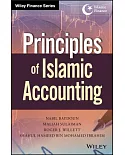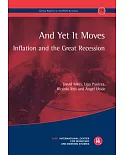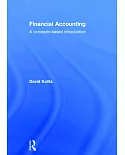This two-volume set contains 49 previously published articles (from 1984 to 2014) on tax reform in developing countries, discussing trends in tax structure, then tax reform and revenues, income
distribution, efficiency and growth, foreign direct investment, the hard-to-tax, subnational taxes, tax administration, and politics. The articles describe the practice of taxation, trade
taxes, the value-added tax, direct vs. indirect taxes, personal income taxation, reforms in transitional countries, and the broad lessons of tax reform efforts; corruption, voice, and
accountability in high income countries; the cost of business entry; income inequality and progressive income taxation, pro-poor indirect tax reforms, tax burden, the impact of tax and
expenditure policies on income distribution, distribution and poverty impacts on tax structure reform, and the impact of budgets on the poor; and indirect taxes, optimal tax rates and tax
design during systemic reform, selective indirect tax reform, border taxes, public funds, and economic recovery and growth. The second volume outlines aspects of corporate tax, tax competition
and foreign direct investment, foreign direct investment location, and tax incentives for business investment; tax base erosion, informal taxation, tax administration reform and taxpayer
compliance, and tax rate “notches”; tax-for-fee reform and revenue assignments; tax administration reform; and tax reform and state-building, fiscal crisis and fiscal reform, political
economics, fiscal reliance on tax revenues, and the micro and macroeconomics of tax reform. Annotation ©2015 Ringgold, Inc., Portland, OR (protoview.com)


